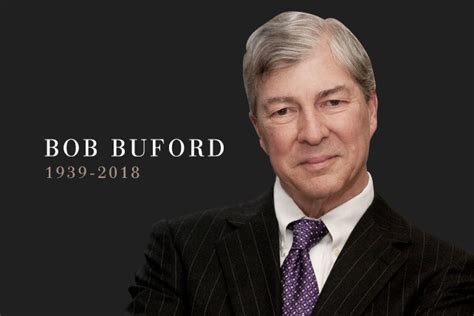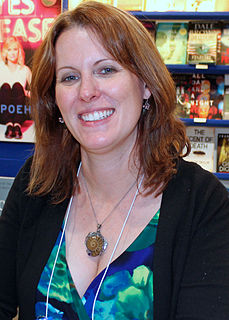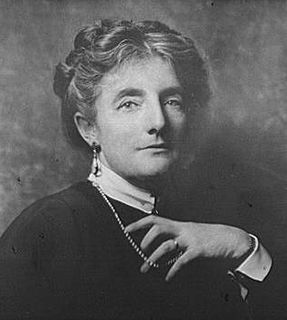A Quote by Shane Claiborne
Liturgy and worship were never meant to be confined to the cathedrals and sanctuaries. Liturgy at its best can be performed like a circus or theater - making the Gospel visible as a witness to the world around us.
Related Quotes
Wherever applause breaks out in the liturgy because of some human achievement, it is a sure sign that the essence of liturgy has totally disappeared and been replaced by a kind of religious entertainment. Such attraction fades quickly - it cannot compete in the market of leisure pursuits, incorporating as it increasingly does various forms of religious titillation.
The nation, like the church, has its visible symbols and insignia, its parchments engrossed with the revealed word, its dogmas, hymns, liturgy, holy day celebrations, its early Fathers, prophets and martyrs, its priesthood and its lay sodality, its myths of sacred genesis and apocalyptic crises, its world-saving mission and its missionaries.
When your soul is pricked by compunction and gradually changed, it becomes a fountain flowing with rivers of tears and compunction. ... If any one of you ever happens to communicate with tears, whether you weep before the Liturgy or in the course of the divine Liturgy, or at the very time that you receive the divine Gifts, and does not desire to do this for the rest of his days and nights, it will avail him nothing to have wept merely once. It is not this alone that at once purifies us and makes us worthy; it is daily compunction that does not cease until death.
John XXI was a very great pope and he's the one who actually corrected the liturgy. He did so because of his friend Jules Isaac, a French Jewish historian who was a friend of John Paul, of John 23rd, and he convinced him and he changed the liturgy, no more Jew, the perfidious Jew and so forth and now, and don't speak any more of the Jews killing Christ. Things have changed.
There's a very generous donation in the parish's future if you make this fast. Ten minutes, at the most." Frowning, the man fumbled open his liturgy. "There's an established rite, Your Grace. Marriage must be entered into with solemnity and consideration. I don't know that I can rush--" "Ten minutes. One thousand guineas." The liturgy snapped closed. "Then again, what do a few extra minutes signify to an eternal God?" He beckoned Amelia with a fluttering, papery hand. "Make haste, child. You're about to be married.
This worship, given therefore to the Trinity of the Father and of the Son and of the Holy Spirit, above all accompanies and permeates the celebration of the Eucharistic liturgy. But it must fill our churches also outside the timetable of Masses. Indeed, since the Eucharistic mystery was instituted out of love, and makes Christ sacramentally present, it is worthy of thanksgiving and worship. And this worship must be prominent in all our encounters with the Blessed Sacrament, both when we visit our churches and when the sacred species are taken to the sick and administered to them



































